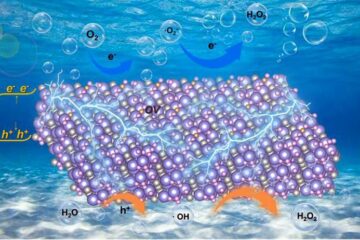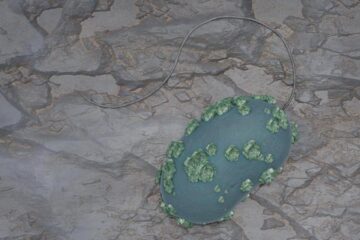Hungry for the facts on food? Ask an SCI expert.

Scare stories over various aspects of food safety are never far from the headlines, and there is often a mass of conflicting opinion that can make it hard to decide what to believe.
To allay some of this confusion, and in support of National Food Safety Week (13th-19th June), SCI is offering you the chance to have your food queries answered by the experts.
Submit your food-related questions to SCI during National Food Safety Week and you will receive a sensible, straightforward reply from one of SCI’s very own team of food scientists.
Whats more, they guarantee to respond to your query within 36 hours.
Whether you’d like a summary of Sudan I, are curious about GM, or want to know what really goes into chicken nuggets, don’t miss this opportunity to get the lowdown from those really in the know.
SCI welcomes enquiries from the general public, including students who are considering a career in the food industry.
All you need to do is log on to www.soci.org and click on the ’Ask a food scientist’ banner at the top of the web page.
Media Contact
More Information:
http://www.soci.org/SCI/groups/foc/2005/reports/html/gs3311.jspAll latest news from the category: Health and Medicine
This subject area encompasses research and studies in the field of human medicine.
Among the wide-ranging list of topics covered here are anesthesiology, anatomy, surgery, human genetics, hygiene and environmental medicine, internal medicine, neurology, pharmacology, physiology, urology and dental medicine.
Newest articles

How 3D printers can give robots a soft touch
Soft skin coverings and touch sensors have emerged as a promising feature for robots that are both safer and more intuitive for human interaction, but they are expensive and difficult…

Oxygen vacancies mediated ultrathin Bi4O5Br2 nanosheets
… as efficient piezocatalyst for synthesis of H2O2 from pure water. As an important chemical raw material, hydrogen peroxide (H2O2) is widely applied in various aspects of industry and life….

Uranium-immobilizing bacteria in clay rock
Microbial reduction reduces mobility of uranium compounds. When designing repositories for high-level radioactive waste in deep geological layers, various factors must be carefully considered to ensure their long-term safety. Among…





















